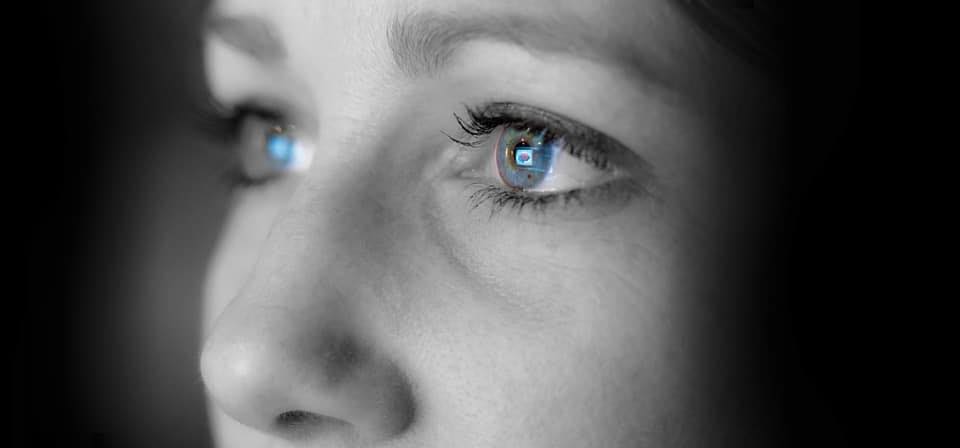
Neurofeedback in “The Higher Practice Podcast for Optimal Mental Health”
27. October 2022One of the pioneers of advanced Neurofeedback, Dr. Siegfried Othmer, has joined Keith Kurlander and Dr. Will Van Derveer, Co-Founders of the Integrative Psychiatry Institute and Integrative Psychiatry Centers, in their podcast “The Higher Practice Podcast for Optimal Mental Health”. Dr. Siegfried Othmer explains how Neurofeedback works and talks about how he personally started with Neurofeedback. Classical frequency band training, ILF Neurofeedback as well as ADHD and PTSD are discussed.









